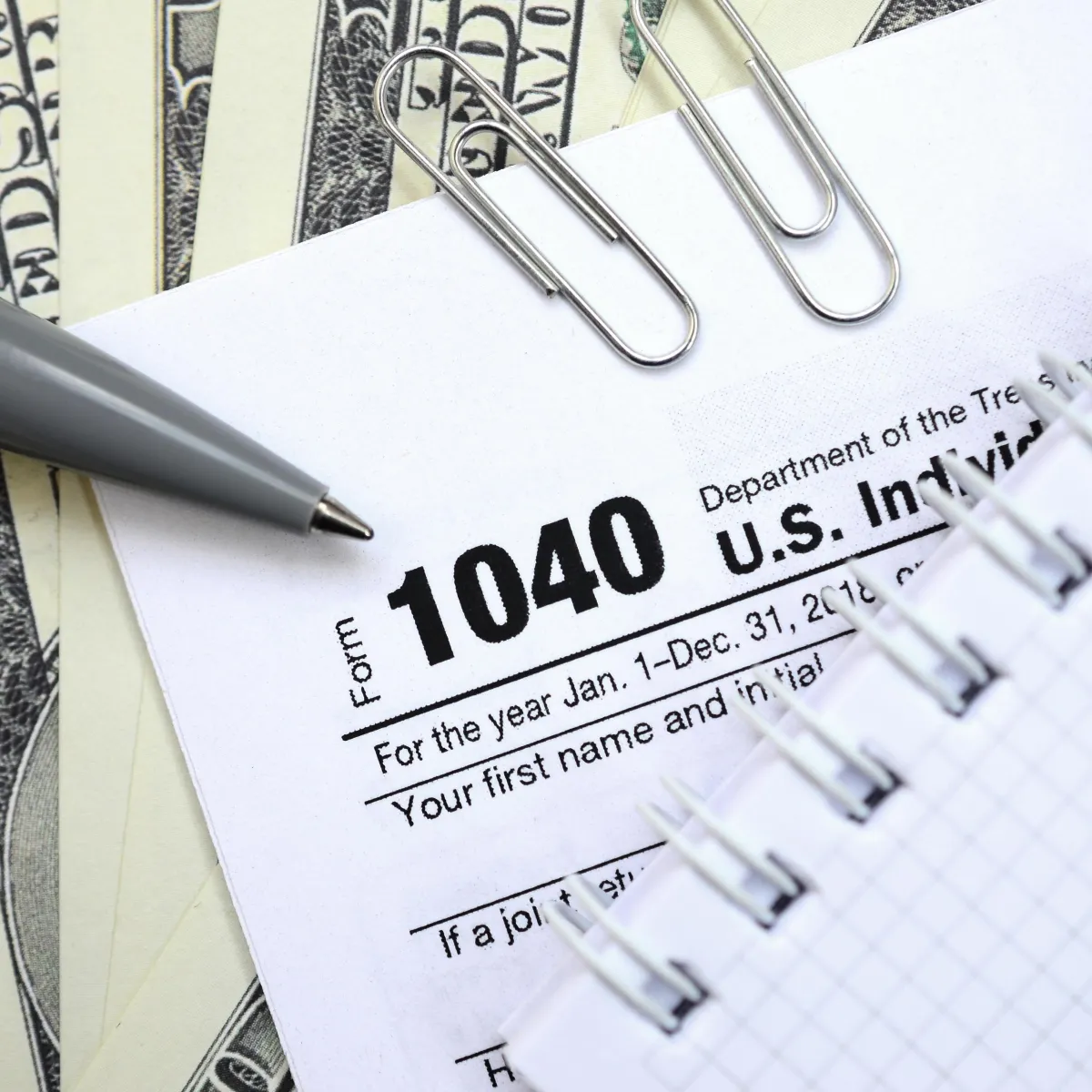
6 Best Tax Planning Strategies for Small Businesses
6 Best Tax Planning Strategies for Small Businesses

As we approach the 2025 tax season, now is the perfect time for proactive tax planning to reduce your tax payment for 2025 and beyond.
Tax planning shouldn’t be a once-a-year activity for business owners when it comes to filing taxes. While you may be able to file for extensions to delay 2024 taxes, strategies that reduce total tax liability need to be executed before the end of the current fiscal year.
Here are the top tax planning strategies to help you save tax dollars:
1. Review Your Company's Structure
What is your business’s corporate structure? Are you a sole owner, S-Corp, LLC, partnership, or C-Corp?
The ideal structure can change as your business and profits grow. Review this with your CPA every few years—or more often if your business is expanding rapidly or ownership changes.
2. Examine Your Business Retirement Plan
Setting up a retirement plan is one of the best ways for small business owners to reduce taxes. Options range from SEP IRAs and Solo 401(k)s to a 401(k) paired with a defined-benefit pension plan.
Would you rather pay the IRS more or contribute to your own retirement account? The choice is clear. High-revenue small businesses can often defer substantial income taxes each year with the right retirement strategy.
Image source
ALT: Reduce your business taxes with a retirement plan.
3. Check If You Qualify for the Home Office Deduction
Many small business owners now operate remotely or hybrid. The home office deduction is available to owners who use part of their home exclusively for business purposes.
This tax benefit can save hundreds or even thousands of dollars annually. Since you’ve already incurred housing costs, claiming the proper deduction is both legal and smart. The idea that home office deductions trigger IRS audits is a myth.
4. Take Advantage of First-Year Bonus Depreciation
Typically, expenses must be deducted over several years. However, under the current tax code, qualified new or used property placed in service during your 2025 business year may qualify for 100% first-year bonus depreciation.
This means you could claim a deduction for the full cost of eligible business assets purchased in 2025.
5. Plan for Potential Tax Changes in 2025
Proposals have suggested higher taxes for individuals earning above certain thresholds. While you shouldn’t base decisions solely on proposals, preparing for potential changes is wise, especially for higher-income business owners.
Even if the tax code remains unchanged, many benefits from previous reforms are scheduled through 2025. Understanding these incentives and applying them correctly is key to maximizing your tax savings.
6. Take Charge of Your Tax Planning
Timing your income and deductions can increase their value through proactive tax planning. For pass-through entities (Sole Proprietorship, S Corporation, LLC, Partnership), business profits and deductions flow through to your personal tax return. Taxes are then calculated based on household income and filing status.
Current federal income tax brackets remain largely consistent with minor inflation adjustments. If you anticipate a lower bracket next year, consider deferring some income or accelerating deductions strategically.
Deferring some deductions to 2026 may increase taxable income in 2025 but reduce overall taxes across the two years. Strategic tax planning boosts profitability, wealth, and cash flow. Consulting with your CPA regularly ensures you choose the path that benefits your business most.
Final Thoughts: Tax Planning Strategies in 2025
Many small business owners only address taxes once a year. Effective tax planning is an ongoing process. Assess income and expenses monthly and meet with your CPA or tax advisor quarterly to maximize credits, deductions, and incentives legally available.
Today CFO offers expert tax planning services and free consultations to help you design the optimal tax strategy for your business in 2025.